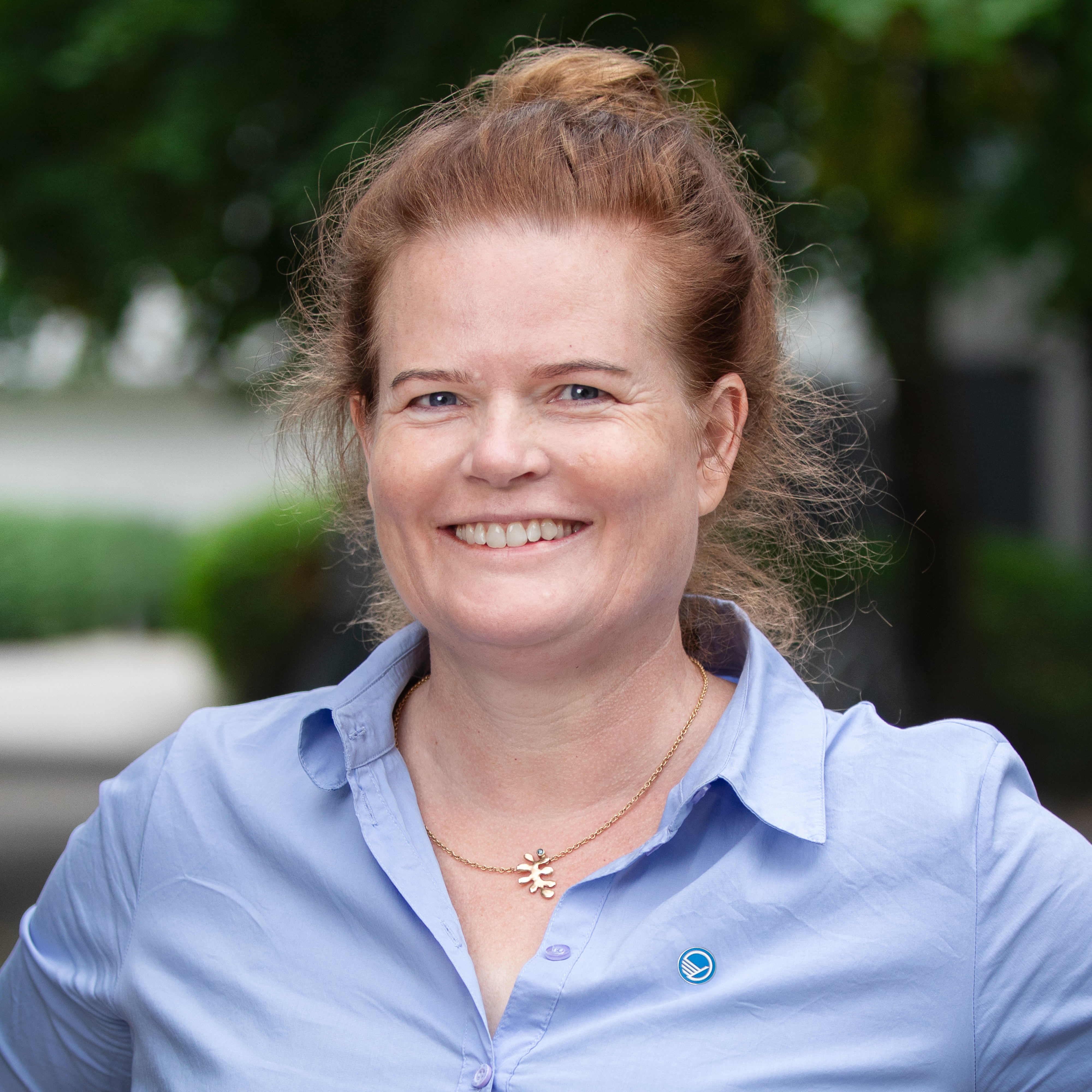
SpeedLocal: Enhancing local implementation and social acceptance
How can we ensure a green transition in the Nordic region? According to policymakers, developing integrated energy planning is a crucial step in the right direction. However, guidelines and tools…
How can we ensure a green transition in the Nordic region? According to policymakers, developing integrated energy planning is a crucial step in the right direction. However, guidelines and tools are needed to enable stakeholders, tasked with implementation, to balance energy needs and potentials with resource availability, landscape impacts and community demands. The SpeedLocal project, funded by Nordic Energy Research through the Nordic Grand Solutions Programme, aims to address the urgency of providing such tools.
SpeedLocal’s objective is to empower local stakeholders to collaboratively create sustainable integrated energy plans that align with national climate and energy policies. The project strives to bridge the gap between traditional research disciplines and improve coordination across geographical and governance scales.
Madelene Danielzon Larsson, Energiforsk, is Project Coordinator of SpeedLocal. She highlights that even though innovative energy technologies will continue to be critical for realising a decarbonised energy system, we have the necessary solutions available to achieve significant progress now.
“What we need in the near-term for realising the green energy transition is not only knowledge-transfer and effective communication between diverse stakeholders, but also the ability to build consensus among them,” says Madelene.

Madelene Danielzon Larsson, Project Coordinator of SpeedLocal.
Navigating the intricate relationship between energy and society
SpeedLocal is set to support both local and national decision-makers in their transition management processes, by facilitating and building knowledge. This will provide a solid foundation for developing recommendations and a knowledge base for policymakers and the energy sector.
Madelene elaborates on the purpose for SpeedLocal:
“The goal of our approach is to further our capacity for turning knowledge into action by navigating the intricate relationship between energy and society. Our approach actively involves stakeholders, including local governments, energy utilities, community organisations, and academia. This enhances integration of local insights into national and Nordic energy planning, enabling recommendations for targeted governance strategies and policies.”
The project’s inclusion of expertise in local spatial analysis strengthens the relevance and legitimacy of SpeedLocals recommendations for policy making and decision support.
The SpeedLocal plan
SpeedLocal engages researchers and communities across the Nordic countries in three case studies:
- Trøndelag, Norway
- Skaraborg, Sweden
- Bornholm, Denmark
“We chose these three places because they are great examples of communities where the challenges of aligning national targets with lived realities on a local are brought to life. Getting feedback from our cases can enrich the process and help us understand the impacts and barriers at local and national scale and how it can influence the speed of the green transition,” Madelene says.
By bringing together these stakeholders, SpeedLocal aims to strengthen local actors’ capacities and facilitate processes for turning existing knowledge into strategies for integrated energy planning that is inclusive and sustainable. Key factors to achieving this aim is by integrating local insights and considerations into the broader national and Nordic energy planning analyses. To ensure consistency across countries, cases, and Work packages, two scientific leads oversee the research framework throughout the project. Scientific Lead for Social Science and Transition Management is Magnus Hennlock, Swedish Environmental Research Institute, and Kenneth Karlsson, Energy Modelling Lab, is the lead for Energy System Analysis. This structure aims to ensure a balanced representation of research disciplines and to manage the stakeholder engagement plan throughout the project.

The potential of future energy infrastructure landscapes
Strategies for realising the energy transition will need to balance a complex web of interconnected factors that shape the potential paths for energy system development, creating high levels of uncertainty for local decision-makers. By addressing the complexities and strengths of the region’s unique context, including recognising the cultural and social significance of landscapes; the project integrates these values into the planning process. Thereby fostering a deeper understanding of how development impacts the region. Daniel Urey, Co-founder and Head of LABLAB, is responsible for one of the projects’ work packages. He highlights the importance of taking into consideration the lived, recreational, and visual aspects of landscape impacts of the energy transition in the Nordics.
“At LABLAB we like to explain the green energy transition as a cultural and communicative matter where landscapes and their meaning for our societies plays a key role for the making of a socially sustainable transition. This is the reason why future planning process needs to take a stronger consideration of landscapes,” says Daniel.
In addition, the inclusion of new stakeholders with different development, investment and planning priorities adds to the complexity of the transition. Effectively addressing this coordination challenge depends on the ability of stakeholders to collaborate to develop innovative solutions.
“It has become evident that without strengthening our capacity for transfer of knowledge between stakeholders to inform an integrated planning approach, we will not be able to meet our ambitions to ensure a secure, affordable, and sustainable transition. The multiple drivers and barriers for a long-term sustainable transition cannot be addressed by employing singular perspectives or by homogenous stakeholder groups,” says Madelene.
Project partners:
- Energiforsk
- Energy Modelling Lab
- IVL Swedish Environmental Research Institute
- Institute for Energy Technology
- LABLAB
- Luleå University of Technology
- VTT
- Technical University of Denmark
- Bornholm Regionskommune
- Skaraborg kommunförbund
- Vara kommun
- Trøndelag fylkeskommune
Follow the project
The first results from the SpeedLocal project are expected in 2025. You can follow the project and the other projects within the Nordic Grand Solutions Programme on LinkedIn.

